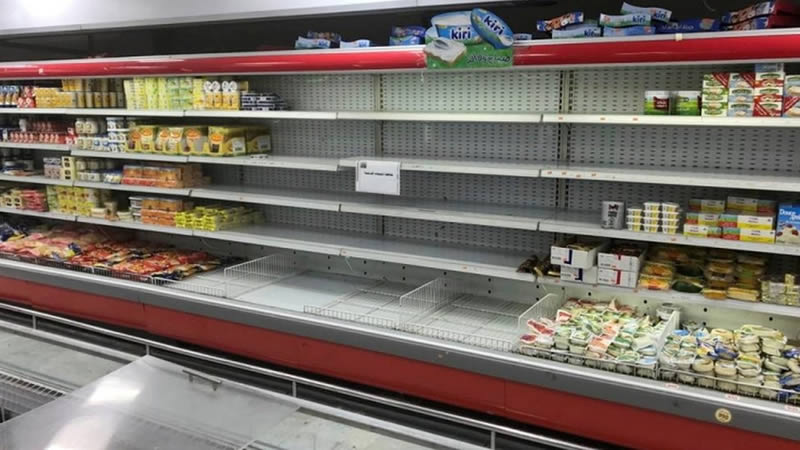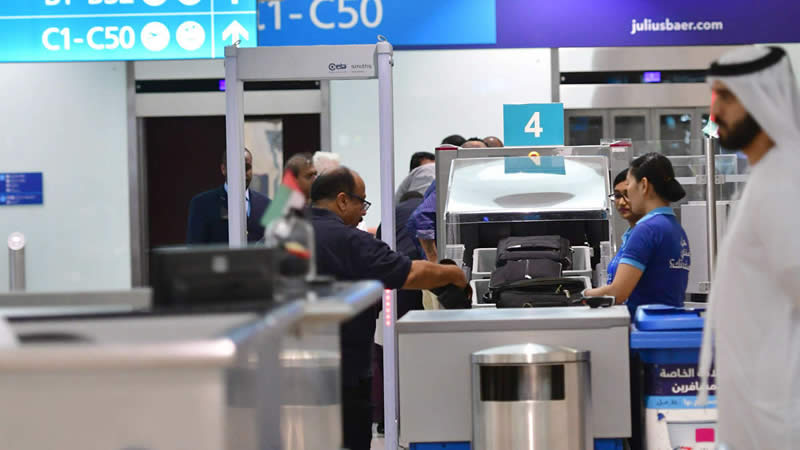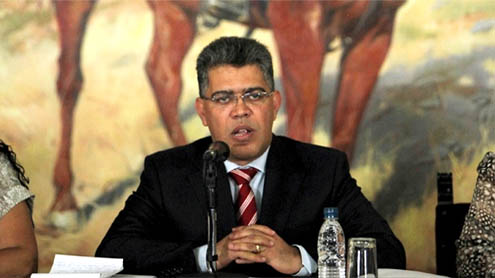GoP grabbed the highest share: GoP’s pie in total incremental borrowing stood at 58% or PKR268bn during 1HFY11. However, monthly trend depicts a reversal, with GoP’s incremental borrowing standing at negative PKR29bn during December 2010. Foreign inflows supported the funds starved regime, helping it to curtail reliance on the Central Bank.
2Q remained positive for the private sector: Private sector borrowing depicted positive growth in 2QFY11, with 9% QoQ rise during the said period compared to 1% QoQ decline in the preceding quarter. This also raised the incremental share of private sector in non-GoP sector to 41% during 1HFY11.
Consumer financing continues its downward journey: Net decline in consumer financing during 1HFY11 stood at PKR16.3bn compared to PKR28.4bn decrease in 1HFY10. Auto segment led the way with net attrition of 11% FYTD, followed by 9% FYTD decline in Credit Cards’ financing.
Next half outlook: We view the uptick in credit demand from private sector as a seasonal phenomenon and is expected to come down in 2HFY11. As per recent developments, it seems extension of IMF-SBA has renewed pressure on GoP to limit current expenditures and maintain net zero borrowing from SBP. Given these efforts materialize; we believe GoP’s incremental borrowing will quite likely remain in low digits.
GoP grabbed the highest share
Mainly driven by 11% FYTD surge in the GoP’s borrowing, total credit offtake during 1HFY11 was up 8.1% FYTD compared to 6.8% FYTD growth in the same period last year. The break up reveals that the GoP’s pie in total incremental borrowing stood at 58% or PKR268bn during 1HFY11. However, monthly trend depicts a reversal, with GoP’s incremental borrowing standing at a negative PKR29bn during December 2010 after showing the highest 5% MoM rise in preceding month of the current year. We believe materialization of pledged aid by international donors and release of funds under CSF helped the funds starved regime to reduce borrowing from the Central Bank.
2Q remained positive for the private sector
During 1HFY11, non-GoP sector’s incremental borrowing stood at PKR198bn, up 6% FYTD, though marginally down from 6.8% FYTD increase in 1HFY10. Credit to private sector witnessed the highest FYTD growth of 7%, followed by 5% FYTD increase in credit to NBFCs. Credit to PSEs, however, shrunk by 0.2% FYTD compared to a hefty jump of 29% FYTD in the same period last year. Main growth in private sector borrowing was witnessed in 2QFY11, with 9% QoQ rise during the said period compared to 1% QoQ decline in the preceding quarter and also outpacing 7% QoQ growth in private sector’s credit during 2QFY10. This, hence, raised the incremental share of private sector in non-GoP sector during 1HFY11 to 41% as against 30% in 1HFY10.
Consumer financing continues its downward journey
Consolidation in consumer financing persisted during 1HFY11. Net decline in consumer financing during 1HFY11 stood at PKR16.3bn compared to PKR28.4bn decrease in 1HFY10. Auto segment led the league with net attrition of 11% FYTD, followed by 9% FYTD decline in Credit Cards’ financing. Housing finance and Personal Loans observed respective FYTD decrease of 6% and 5% during 1HFY11.
Next half outlook
We view the uptick in credit demand from private sector as a seasonal phenomenon and is expected to come down in 2HFY11. As per recent developments, it seems extension of IMF-SBA has renewed pressure on GoP to limit current expenditures and maintain net zero borrowing from SBP. Given these efforts materialize; we believe GoP’s incremental borrowing will quite likely remain in low digits.
Economic & Political News
POL prices: Ogra expecting 12% increase in February
Ogra is expecting 12% increase in prices of petroleum products during month of February 2011 due to hike in global oil prices. If the government fails to adjust the expected hike in domestic oil prices by 12% to align them with the rise in global prices for the month of February, revenue from Petroleum Levy (PL) may decline to zero. In December 2010, as global oil prices rose, the government kept oil prices unchanged by adjusting PL downward, resulting in a revenue loss of PKR2bn. In January, the oil prices were raised but, after a week, the government withdrew its decision due to intense political pressure. This resulted in a revenue loss of PKR5bn–on account of PL collection.
Analyst Certification:
The research analyst(s) denoted AC on the cover of this report, primarily involved in the preparation of this report, certifies that (1) the views expressed in this report accurately reflect his/her personal views about all of the subject companies/securities and (2) no part of his/her compensation was, is or will be directly or indirectly related to the specific recommendations or views expressed in this report.
Disclaimer
The report has been prepared by Elixir Securities Pakistan (Pvt.) Ltd and is for information purpose only. The information and opinions contained herein have been compiled or arrived at based upon information obtained from sources, believed to be reliable and in good faith. Such information has not been independently verified and no guaranty, representation or warranty, expressed or implied is made as to its accuracy, completeness or correctness. All such information and opinions are subject to change without notice. Descriptions of any company or companies or their securities mentioned herein are not intended to be complete and this document is not, and should not be construed as, an offer, or solicitation of an offer, to buy or sell any securities or other financial instruments.
Research Dissemination Policy
Elixir Securities Pakistan (Pvt.) Ltd. endeavors to make all reasonable efforts to disseminate research to all eligible clients in a timely manner through either physical or electronic distribution such as mail, fax and/or email. Nevertheless, not all clients may receive the material at the same time.
Company Specific Disclosures
Elixir Securities Pakistan (Pvt.) Ltd. may, to the extent permissible by applicable law or regulation, use the above material, conclusions, research or analysis in which they are based before the material is disseminated to their customers. Elixir Securities Pakistan (Pvt.) Ltd., their respective directors, officers, representatives, employees and/or related persons may have a long or short position in any of the securities or other financial instruments mentioned or issuers described herein at any time and may make a purchase and/or sale, or offer to make a purchase and/or sale of any such securities or other financial instruments from time to time in the open market or otherwise. Elixir Securities Pakistan (Pvt.) Ltd. may make markets in securities or other financial instruments described in this publication, in securities of issuers described herein or in securities underlying or related to such securities. Elixir Securities Pakistan (Pvt.) Ltd. may have recently underwritten the securities of an issuer mentioned herein.
Other Important Disclosures
Foreign currency denominated securities is subject to exchange rate fluctuations which could have an adverse effect on their value or price, or the income derived from them. In addition, investors in securities such as ADRs, the values of which are influenced by foreign currencies effectively assume currency risk. Foreign currency denominated securities is subject to exchange rate fluctuations which could have an adverse effect on their value or price, or the income derived from them. In addition, investors in securities such as ADRs, the values of which are influenced by foreign currencies effectively assume currency risk.
Contributed By













